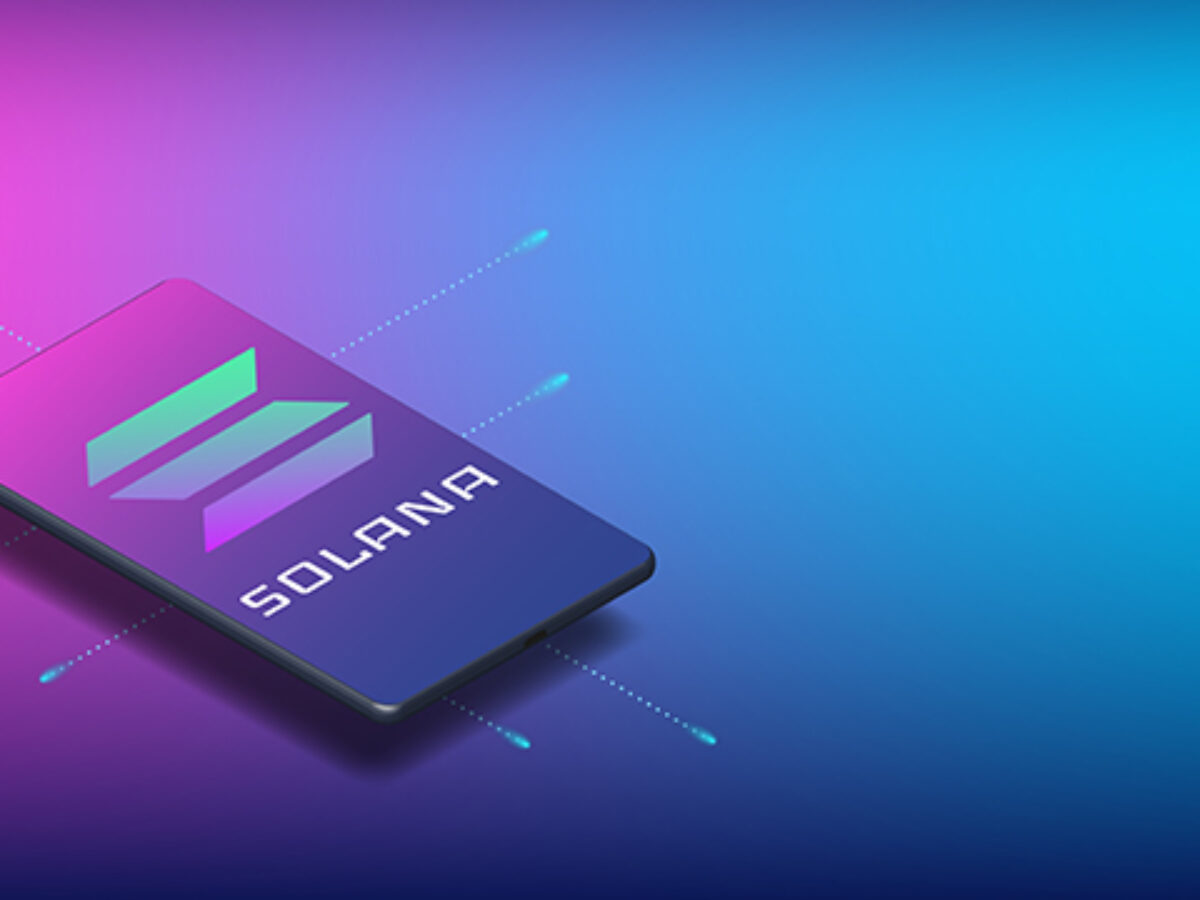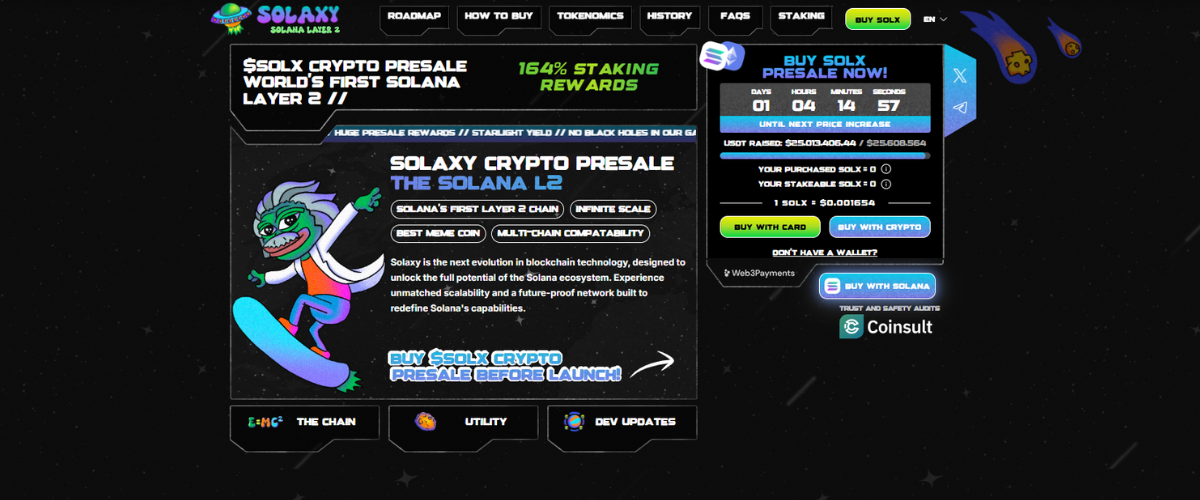Solana Governance Vote Rejects Inflation Cut
14.03.2025 13:00 2 min. read Alexander Stefanov
Solana’s latest governance votes have reshaped the network’s economic model, with mixed results for SOL holders.
A proposal to reduce inflation was rejected, while a plan to distribute validator revenue to stakers gained strong approval.
With 74.3% voter participation—the highest in Solana’s history—the attempt to move from a fixed inflation schedule to a market-driven approach failed, securing only 61.4% of the required 66.67% approval.
Proponents argued that lowering inflation would make SOL more scarce and valuable, but critics feared it would hurt smaller stakers relying on rewards.
Meanwhile, a separate proposal to establish an on-chain revenue-sharing system for validators passed with nearly 75% support. This change aims to create a more transparent mechanism for distributing staking rewards, replacing informal off-chain incentives.
Solana co-founder Anatoly Yakovenko acknowledged the complexities behind these decisions, highlighting the network’s evolving governance.
Solaxy Gains Traction
Solaxy ($SOLX) is revolutionizing blockchain technology by offering the first Layer-2 solution on Solana. This project significantly improves speed and reduces transaction fees, solving network congestion problems.
Solaxy’s advanced rollup architecture shows strong potential to optimize transaction speeds and reduce congestion-related inefficiencies on Solana. The project’s approach reduces congestion and ensures smooth execution, even during peak activity. For traders, this means faster and more reliable transactions, preventing failed swaps.
Beyond improving transaction efficiency, Solaxy is expanding interoperability between Solana and Ethereum. The $SOLX token functions as a multi-chain asset, allowing users to engage across both ecosystems. This provides access to Ethereum’s liquidity while benefiting from Solana’s speed and cost efficiency.
-
1
BNB Chain Upgrades and Token Delistings Reshape Binance Ecosystem
16.07.2025 22:00 2 min. read -
2
Most Trending Cryptocurrencies on CoinGecko After Bitcoin’s New ATH
11.07.2025 19:00 2 min. read -
3
Altcoin Supercycle? Analysts Signal ‘Banana Zone 2.0’ as Market Erupts
13.07.2025 19:00 2 min. read -
4
Solana Price Prediction: SOL Could be Ready to Move to $225 After Breakout
21.07.2025 17:14 3 min. read -
5
Ethereum Tops $3,285 for First Time Since January
17.07.2025 7:00 1 min. read
Interactive Brokers Weighs Stablecoin Launch
Interactive Brokers, one of the world’s largest online brokerage platforms, is exploring the possibility of issuing its own stablecoin, signaling a potential expansion into blockchain-driven financial infrastructure as U.S. crypto regulation begins to ease.
BNB Coin Price Prediction: As BNB Chain Daily Transaction Volumes Explode Can It Hit $900?
Trading volumes for BNB Coin (BNB) have doubled in the past 24 hours to $3.8 billion as the price rises by 7%. This favors a bullish BNB Coin price prediction at a point when the token just made a new all-time high. BNB is the second crypto in the top 5 to make a new […]
PENGU Price Soars While Whale Transfers Raise Alarms
The Pudgy Penguins’ PENGU token is under intense scrutiny after large transfers from its team wallet raised potential red flags.
BNB Hits New All-Time High Amid Token Launch Frenzy
BNB surged to a new all-time high on July 28 around $860, breaking above the critical $846 level following a sharp 7% intraday move.
-
1
BNB Chain Upgrades and Token Delistings Reshape Binance Ecosystem
16.07.2025 22:00 2 min. read -
2
Most Trending Cryptocurrencies on CoinGecko After Bitcoin’s New ATH
11.07.2025 19:00 2 min. read -
3
Altcoin Supercycle? Analysts Signal ‘Banana Zone 2.0’ as Market Erupts
13.07.2025 19:00 2 min. read -
4
Solana Price Prediction: SOL Could be Ready to Move to $225 After Breakout
21.07.2025 17:14 3 min. read -
5
Ethereum Tops $3,285 for First Time Since January
17.07.2025 7:00 1 min. read



